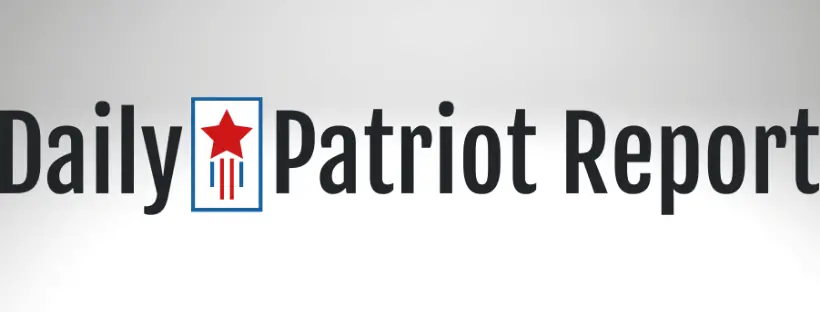The Supreme Court backed the Trump administration on Tuesday. It allowed the firing of tens of thousands of probationary federal employees. A lower court had blocked the move. But the high court granted an emergency stay.
A majority ruled against nine nonprofit groups that brought the lawsuit. The justices said those groups didn’t have the right to sue.
"The District Court’s injunction was based solely on the allegations of the nine non-profit-organization plaintiffs in this case. But under established law, those allegations are presently insufficient to support the organizations’ standing," the court wrote.
Justices Sonia Sotomayor and Ketanji Brown Jackson dissented. They would have denied the emergency stay.
Government lawyers told the Supreme Court the lower courts went too far. They argued reinstating those employees wasn’t within their power.
The dispute began after about 16,000 probationary federal workers were fired. That wave of firings started after Donald Trump took office. Lawsuits followed, mostly from Democrat-led states and former employees.
Probationary employees have fewer rights. They can be let go without the protections regular federal workers receive after a set period.
Justice Department attorneys warned that rehiring them would cause chaos. They said these workers were dismissed for poor performance. The fired employees dispute that.
Last month, a federal judge in Baltimore ruled against the Trump administration. He ordered it to bring back the fired workers.
Judge James Bredar gave the administration seven days. He wanted a list of affected employees and proof the agencies were complying.
The plaintiffs accused the administration of "decimation" of key federal staff. They said the damage to agencies was serious and long-lasting.
They pointed to the Department of Veterans Affairs. Staff cuts there, they said, were worsening care and services.
They also highlighted problems in land and environmental agencies. "Similarly, cuts to the Forest Service and Bureau of Land Management have already harmed and will continue to harm the ability of Respondent environmental and outdoor organizations to enjoy and protect a wide range of federal lands and resources," they wrote.
The American Federation of Government Employees represented the plaintiffs. They said the firings had deeply disrupted essential government operations.
A judge in Maryland later expanded the order. The Trump administration was told to rehire more probationary staff. The ruling also blocked future mass firings unless they followed legal procedures.
Those procedures include giving a 60-day warning before termination. That’s part of civil service rules.
Solicitor General John Sauer argued against the judge’s order. He said agencies were being forced to hire workers they didn’t want.
"Courts do not have license to block federal workplace reforms at the behest of anyone who wishes to retain particular levels of general government services," the administration wrote.
They also said even if the firings were illegal, reinstatement went too far. They claim the courts overstepped.
